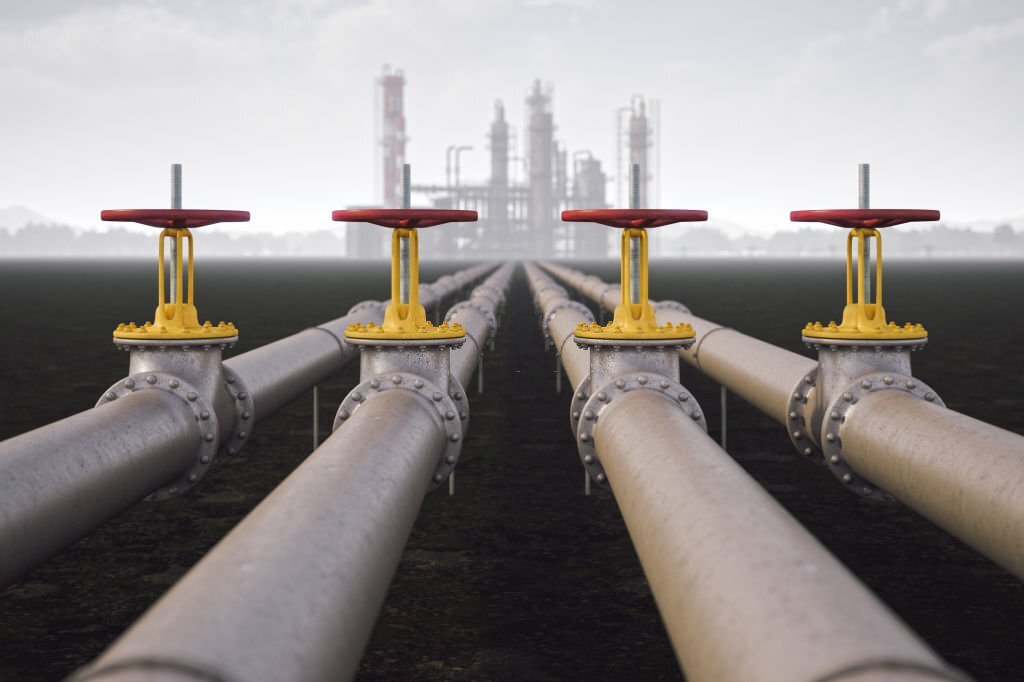GI pipes, short for Galvanized Iron pipes, are widely used in various industries across Malaysia. These pipes play a crucial role in plumbing, construction, and irrigation systems. In this article, we will provide a comprehensive explanation of GI pipes, highlighting their importance and versatile usage in different sectors.
The Definition of GI Pipes
What are GI pipes? They are steel pipes that have undergone a galvanization process, which involves applying a protective zinc coating to prevent corrosion. These pipes are known for their exceptional durability, strength, and resistance to rust, making them suitable for both indoor and outdoor applications.
The Importance of GI Pipes
GI pipes offer numerous advantages that contribute to their importance in various industries:
- Corrosion Resistance: The galvanized coating on GI pipes acts as a barrier against corrosion, protecting the underlying steel. This makes them ideal for applications in environments with high moisture content or exposure to harsh weather conditions.
- Longevity and Durability: GI pipes have a long service life, ensuring they can withstand heavy loads, pressure, and impacts. Their robustness makes them suitable for both underground and aboveground installations, providing a reliable and secure solution.
- Cost-Effectiveness: Despite their superior qualities, GI pipes are cost-effective compared to other materials. Their longevity reduces the need for frequent replacements, resulting in long-term savings.
- Versatile Applications: GI pipes find extensive usage in various sectors, including plumbing, construction, irrigation, and infrastructure projects. They are commonly used for water supply lines, sewage systems, fire sprinkler systems, and gas distribution networks.

what are GI pipes
Usage of GI Pipes
GI pipes have a wide range of applications in different industries:
- Plumbing and Water Distribution: GI pipes are commonly used for plumbing systems to transport potable water. They are suitable for both residential and commercial buildings, ensuring a safe and reliable water supply.
- Construction and Structural Support: GI pipes are utilized in construction projects for scaffolding, structural support, and framework. Their strength and durability make them a preferred choice for building frameworks, bridges, and highways.
- Irrigation and Agriculture: GI pipes are vital for agricultural applications, such as irrigation systems and watering networks. The galvanized coating protects the pipes from soil corrosion and ensures efficient water distribution.
- Industrial and Engineering Applications: GI pipes find usage in industries requiring fluid transportation, such as oil and gas, chemical processing, and manufacturing. They are also utilized for air ventilation systems and electrical conduit installations.
Conclusion
GI pipes are an essential component in numerous industries in Malaysia, thanks to their corrosion resistance, durability, and cost-effectiveness. Their versatile usage in plumbing, construction, irrigation, and industrial applications makes them indispensable. By understanding the importance and applications of GI pipes, individuals and businesses can make informed decisions when selecting the appropriate piping solutions for their specific needs. Whether it’s ensuring a reliable water supply or supporting critical infrastructure projects, GI pipes continue to play a vital role in Malaysia’s development and growth.